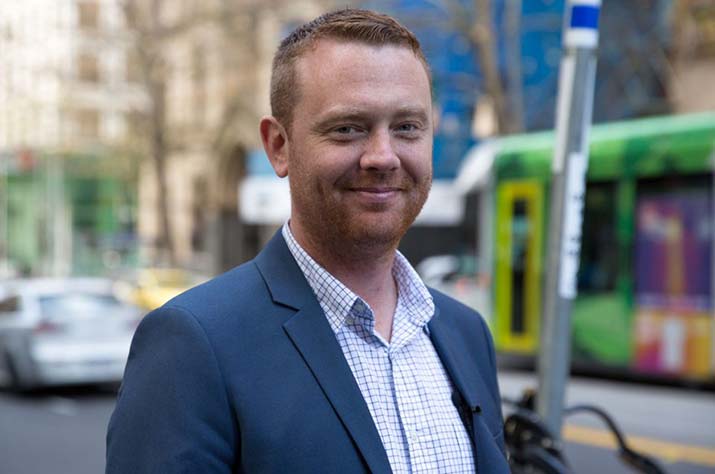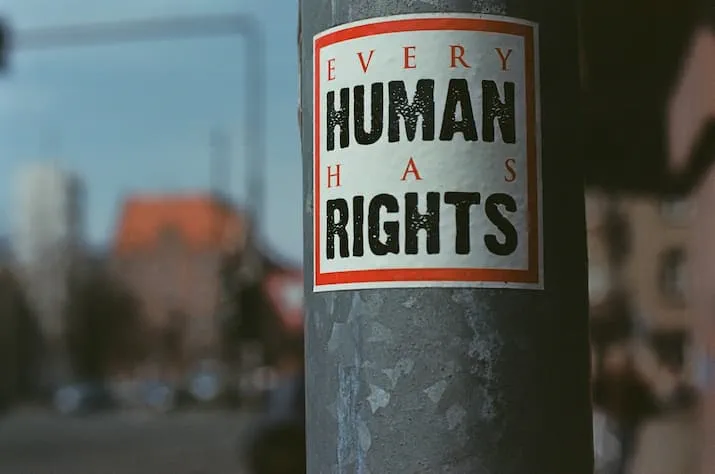Meet Michael, our local changemaker
What does an urban planner really do? Michael breaks down the job, and what it takes to see success in the industry.

Michael is an Urban Planning Project Officer who works for the State Government and he loves his job. Ever since he was little, Michael had a real fascination with cities and the urban environments in which he grew up in. Sprawled out on the floor, he would surround himself with maps and imagine all the different places people lived, and why they chose those places to create settlements, towns and cities.
When I learnt a bit more about what the profession entails, I was excited by the idea that it’s a job that you can make a real difference to the lives of the people around you and the city in which you live, and you can continue to influence change over a long period of time.
About the job
To become an Urban Planner, Michael completed a Master of Urban Planning after a Bachelor of Arts, majoring in Geography. He enjoys the fact that his job is so varied. One day he’ll be researching topics from around the world and sourcing local case studies about transport or health outcomes. The next day he finds himself writing policy and presenting briefs to the Minister of Planning, and responding to correspondence from the general public, other departments and agencies.
As a member of a project team, Michael’s major focus has been developing a 30-year metropolitan planning strategy for Melbourne. He’s proud to have launched the program and as part of this planning strategy, Michael’s been involved in a sub project to create a city of ’20-minute neighbourhoods’ throughout Melbourne. The desired outcome will be to have everyone access all the services that they need – retail, medical, childcare – within a 20-minute active transport option, (walking or cycling) from their home. This exciting project will increase the health of the population, reduce the amount of traffic and congestion on the roads, and create a safer and more liveable environment.
Collaboration is key
"A key part of being an Urban Planner is engaging with a range of different people to conduct research and gain expert advice across a wide range of fields," says Michael. "You’ve got to engage with people who understand what population dynamics might look like in the future. You’ve got to speak to engineering experts, transport planners and health experts. Planning for the future is definitely not a precise science, but doing the research and having the right conversations is the best way to move in the right direction."
Although there’s scope for independent work in specialised areas, the nature of an Urban Planning position is to collaborate with people all the time. People skills are very important, especially when it comes to community engagement and getting the information you need.
A piece of advice
"Urban Planning is a very diverse field and there are a lot of different options, so read widely about the profession. Be aware of economics, politics, the effects of education, health policy and policies to do with transport. Stay on top of technology as it’s a very important aspect of what we do. If we’re planning for the future, we need to understand the impact technological change will have."
Browse thousands of courses from leading Australian universities.
Or complete the form on this page to chat to an advisor about study options.



